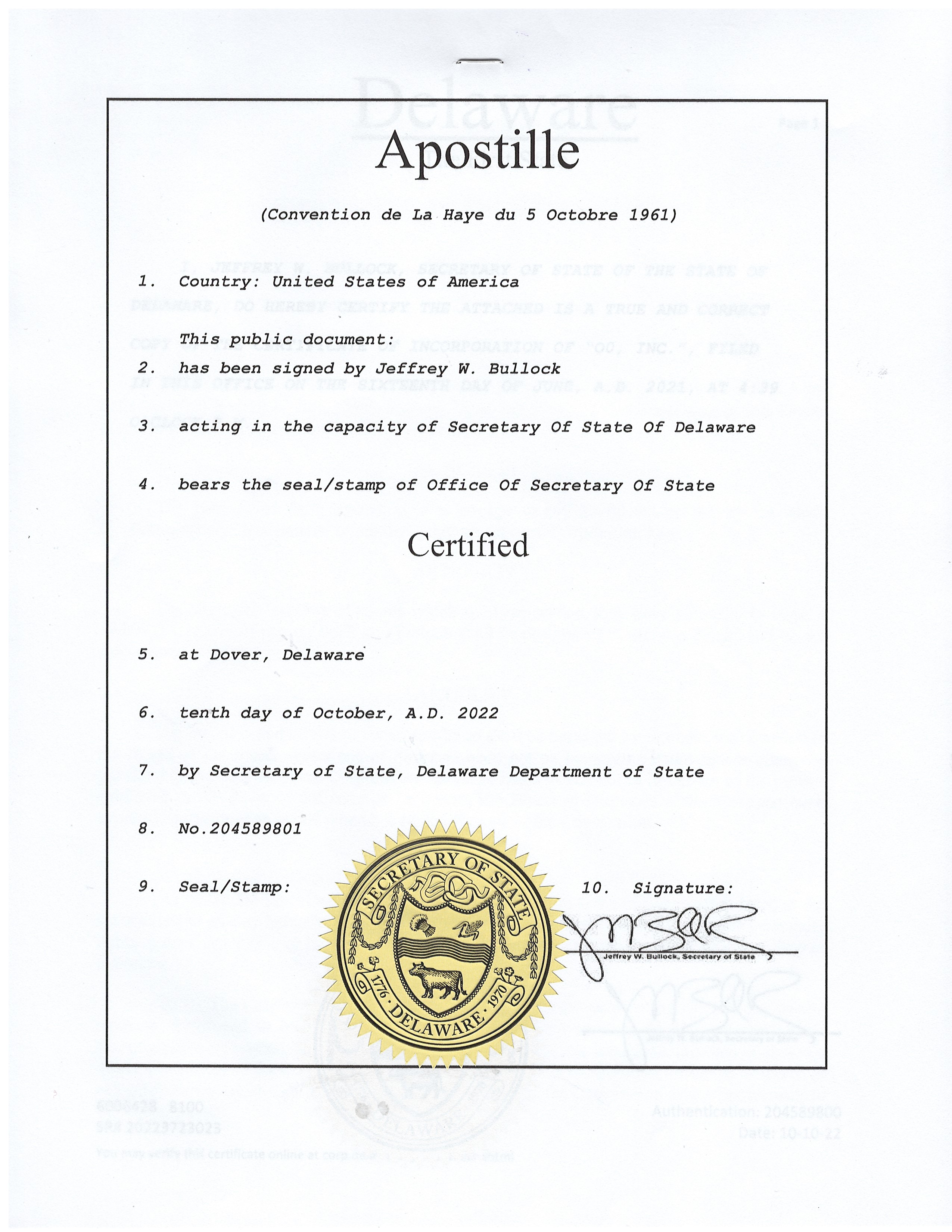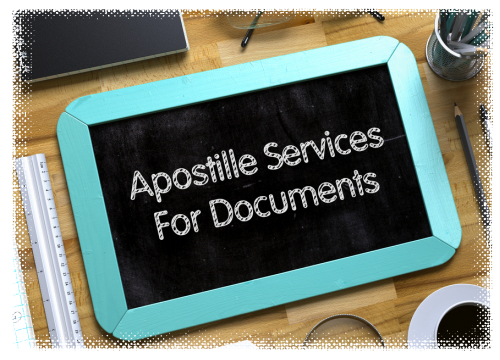Total Guide to Apostille in Houston, Texas
Total Guide to Apostille in Houston, Texas
Blog Article
Introducing the Critical Function of Apostille in Simplifying International File Validation Processes
In the realm of international events, the recognition of files holds paramount relevance. In the middle of the web of governmental treatments and varying legal requirements throughout various nations, the role of apostille arises as a vital facilitator in enhancing the process. By fastening an apostille to a paper, it undertakes a simplified recognition that is acknowledged throughout many nations, therefore easing the worries connected with cross-border record authentication. As we dive into the details of this specialized accreditation, the subtleties between apostille and typical validation approaches come to light, dropping a brand-new point of view on the performance and efficiency of this crucial yet commonly overlooked process.
Recognizing Apostille Basics
In the realm of paper recognition for global use, understanding the fundamental concepts of apostille authentication is vital. An apostille is a customized certification that verifies the authenticity of a file for use in international nations that belong to the Hague Apostille Convention. Recognizing the fundamentals of apostille involves acknowledging that it does not confirm the web content of the document but rather certifies the signature and seal of the issuing authority. This qualification streamlines the procedure of international file recognition by ensuring that the file will certainly be identified as real in countries that are celebrations to the Apostille Convention.
Apostilles are frequently provided for important records such as birth certifications, marriage certificates, and academic records. The crucial elements of an apostille include the name of the nation where it was provided, the name of the person authorizing the record, the capability in which the person signed the record, the seal or stamp of the providing authority, and the date of issuance. By recognizing these basic elements of apostille authentication, people and companies can browse the intricacies of international document recognition with confidence and performance.
Advantages of Apostille for Validation

Moreover, the apostille simplifies the confirmation process by supplying a standardized certificate that validates the credibility of the document, such as birth certifications, marital relationship licenses, notarized deeds, and scholastic transcripts. This standard format minimizes the threat of being rejected as a result of unfamiliarity with international documents, therefore boosting the efficiency of cross-border purchases.
Furthermore, the apostille assists in eliminating the requirement for numerous layers of authentication by government authorities, as the apostille itself indicates the file's credibility. This not just accelerates the paper validation process however likewise decreases the associated prices and governmental obstacles, making it a practical and cost-effective option for businesses and people participating in global activities.
Simplifying Cross-Border Paper Authentication
Assisting in the validation of files throughout global boundaries, the apostille procedure works as a streamlined and generally acknowledged technique for confirming numerous kinds of main documentation. Streamlining cross-border record verification, the apostille removes the requirement for often complicated and lengthy recognition treatments commonly called for when offering papers in international countries. By attaching an apostille to a paper, the providing country certifies the authenticity of the record, making it conveniently appropriate in other countries that belong to the Hague Apostille Convention. This standard process substantially decreases the time and initiative entailed in confirming the legitimacy of main documentation, promoting efficiency and convenience of global deals.
In addition, the apostille system improves the security and dependability of cross-border file validation by giving a transparent and worldwide accepted device for verifying the validity of papers. This simplification of authentication processes not just benefits individuals and organizations seeking to run worldwide but additionally fosters smoother communication and cooperation between countries by making certain the reliability of common documents.
Significance of Apostille in Legalisation

Apostille makes sure that lawful records such as birth certifications, marriage certificates, powers of attorney, and court files are acknowledged and accepted in foreign jurisdictions. This is especially crucial in legal matters such as worldwide adoptions, immigration processes, or company deals that include celebrations from different countries. The apostille process decreases the time-consuming procedures and governmental difficulties commonly linked with record legalisation, visit this site right here making worldwide deals extra reliable and legitimately binding. To conclude, the value of apostille in the legalization of international documents can not be overemphasized, as it assists in smooth cross-border interactions and guarantees the validity and credibility of lawful documentation.
Apostille Vs. Traditional Recognition Methods
Contrasting apostille with conventional recognition methods discloses distinct distinctions in the efficiency and simpleness of document verification processes for worldwide use. Apostille, as a streamlined and standardized approach established by the Hague Convention, uses a more simple strategy to validating records compared to standard approaches. Typical validation procedures often include numerous steps, including registration, qualification by government authorities, and consular legalization, which can be taxing and cumbersome.
Apostille, on the various other hand, streamlines this process by accrediting records with a solitary apostille certificate provided by a competent authority in the country where the paper stems (Houston TX Apostille). This certification is recognized by all member countries of the Hague Convention, getting rid of the requirement for further embassy legalization. Because of this, apostille dramatically reduces the time and effort required for file validation, making it a favored option for companies and people associated with global purchases
Conclusion
In verdict, apostille plays an important role in streamlining international record validation procedures by offering a standard method of verification that is recognized across getting involved countries. By enhancing the legalisation process, apostille removes the need for several layers of validation, lowering time and expenses connected with cross-border document authentication. This reliable system benefits individuals and companies looking for to use foreign records for legal functions, making sure smoother worldwide purchases.
By affixing an apostille to a file, it undertakes a streamlined validation that is acknowledged throughout countless countries, thus relieving the problems linked with cross-border document authentication. Streamlining cross-border file authentication, the apostille removes the demand for lengthy and usually complicated recognition treatments typically required when offering files in foreign countries. By attaching an apostille to a paper, the providing nation accredits the credibility of the paper, making it easily acceptable in other countries that are part visit this site right here of the Hague Apostille Convention. By affixing an apostille to a document, the releasing nation accredits the credibility of the signature, seal, or stamp on the file, making it valid for use in another participant nation of the Hague Apostille Convention without the demand for additional legalization.

Report this page